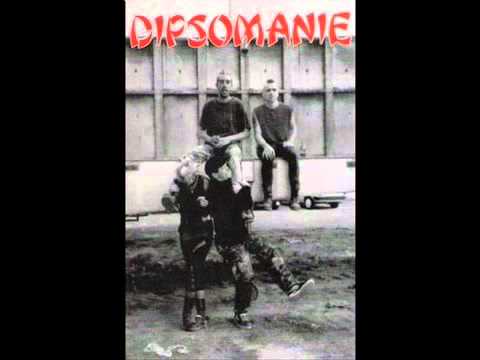Contents
Dipsomanie
Dispomania is a rare psychiatric disorder characterized by an overwhelming urge to drink large amounts of toxic fluids, especially alcohol. The seizures are interspersed with periods of abstinence of varying lengths, which cause this disorder to differ from alcoholism in its most common form.
Dipsomania, what is it?
Dipsomania, also called methilepsy or methomania, is an unhealthy urge to suddenly drink a very large amount of toxic fluids, especially alcohol.
Dipsomania is a unique form of alcoholism since a person with this disorder can go long periods without drinking between two attacks.
Diagnostic
Seizures are often preceded by a period of several days when the individual will feel deep sadness or fatigue.
The taste aspect of alcohol is completely obscured and the product is used only for its psychoactive effects; so people affected by this disorder may drink methylated spirits or cologne. It is this peculiarity that makes it possible to identify this disorder rather than an “ordinary” alcoholism.
Risk factors
Although everyone can be affected by this form of alcoholism, there are factors that increase the risk of having addictive behavior in adulthood:
- the precocity of exposure to psychoactive products: we now know that starting to drink alcohol at a young age significantly increases the risk of being an alcoholic in adulthood.
- heredity: “addict” behaviors are partly genetic and the presence of alcoholics in the family tree may be the sign of a genetic predisposition.
- life experiences and especially early exposure to chronic stress promote risk
- the absence of activities
Symptoms of dipsomania
Dipsomania is characterized by:
- a regular, overwhelming urge to drink toxic fluids, especially alcohol
- loss of control during seizures
- a period of sadness preceding these crises
- awareness of the problem
- strong guilt after seizures
Treatments for dispsomania
As dipsomania is a particular form of alcoholism, the first step in treatment is withdrawal.
Certain muscle relaxant drugs, such as baclofen, may be prescribed to help the person during their withdrawal. However, the effectiveness of drug treatments for alcohol dependence has not yet been demonstrated.
Prevent dipsomania
The so-called “behavioral” psychological therapies can be proposed to support the dipsomaniac in the control of his impulses and to prevent relapses. Another psychological support, the “Alcoholics Anonymous” or “Free Life” groups play an effective role in helping those concerned to achieve abstinence.
Finally, health professionals are trained to identify alcohol dependency behaviors early on. The guide “Early identification and brief intervention” published by the High Authority for Health (HAS) is available online.










